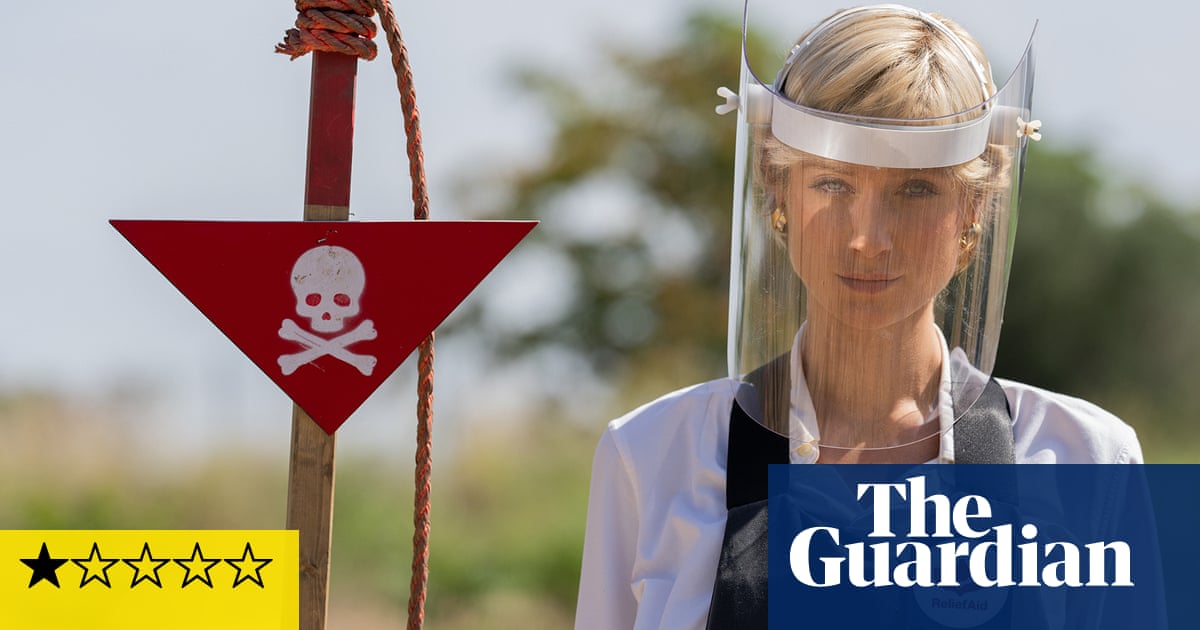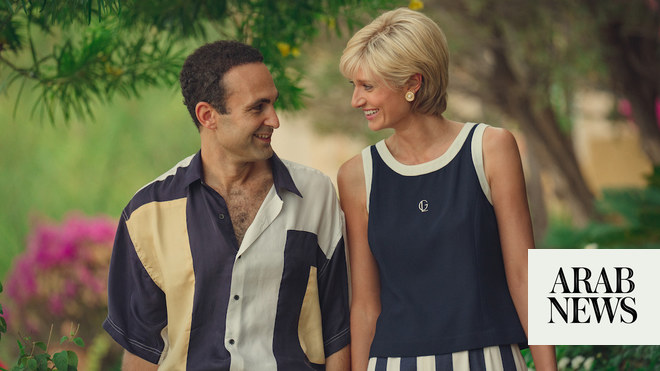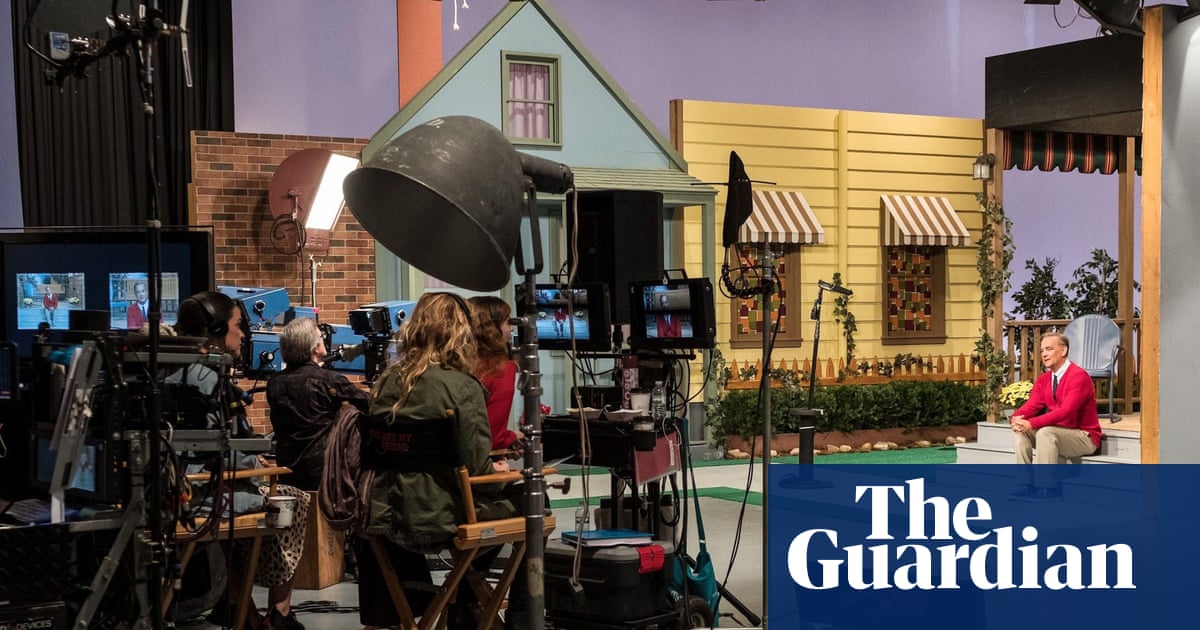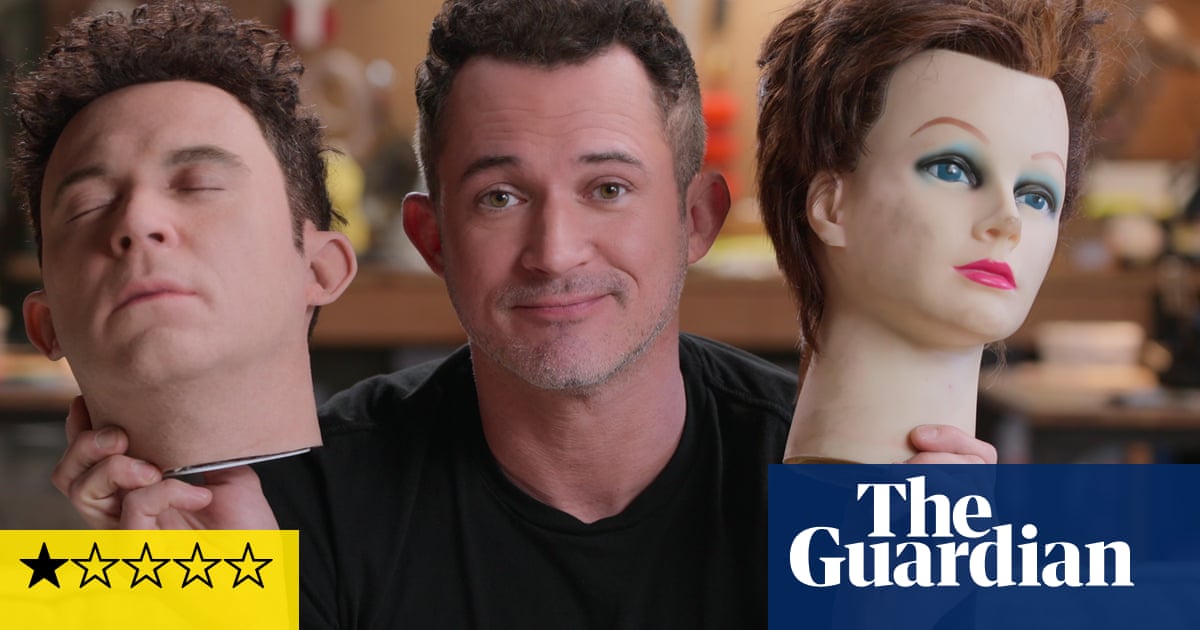
Welcome to series six of The Crown – or The Diana Show, as it has now become. Where once you could expect a 10-episode run to represent at least a decade of royal shenanigans, limning the political machinations of the time and throwing in an examination of evolving palace protocol minutiae, the first three episodes of the latest instalment deal with just the last eight weeks of Diana’s life, and the fourth with The Crash and the funeral.
Unless you are reading this while ensconced in a Diana shrine of your own making, those few months are recreated in a truly punishing level of detail. From the beginning The Crown has walked a tightrope between prestige drama – capable of evoking a world of emotional struggle from a single scene or queenly line – and soapy nonsense. It started teetering in season three, lost its balance entirely over the next two and is now plummeting into the abyss, despite the uniformly brilliant performances from the entire cast – Elizabeth Debicki as the queen of our hearts especially, of course – trying gamely to arrest its fall. The kind of spin Imelda Staunton as the Queen can put on a line as simple as “Oh, that girl … ” is a gift, but The Crown is no longer worthy of it, or her.
In the manner of a Hallmark movie, Diana is marked for death at every turn – you know, just in case you are unaware of the fate of the most famous woman in the world and have forgotten the frenzy of grief that gripped the country thereafter. She is, in The Crown’s telling of it, a virtual saint: see her talk about landmines! See her play normal middle-class games with her beloved boys! See her fall in love with sweet Dodi Fayed! See her furrowed brow as she takes the sensible advice of her therapist on board and pledges to start a new life as soon as she gets home from Paris and away from these villainous paparazzi who are following her into this tunnel! And thus the postmortem convulsions of an entire country are presented as no more than her due. By the time she has called William and Harry, the point has been so laboured that this is the last communication they will have with their mother that there might as well be a news ticker along the bottom of the screen screaming in capitals “TUNNEL COMING! SHE GONNA DIE SO BAD!”
And yet the worst is still to come: after her death, Ghost Diana appears to Prince Charles and then to the Queen as a kind of ministering angel, illuminating for them the way and the light and the best way of tending to the mood of the people, to whose every individual heart she has always had a direct hotline. She thanks Charles “for being so raw, broken and handsome” in the hospital when he saw her body. “I’ll take that with me,” she adds. My notes at this point are indecipherable, which is just as well, as I suspect what they say would be unprintable. By the time Ghost Diana takes the Queen’s hand and gently whispers “You’ve always shown us what it meant to be British. Maybe it’s time to learn, too”, and prompts her to cave in to the headline’s demand to “Show us you care, Ma’am”, I am having quite the out-of-body experience myself.
But Ghost Diana is all of a piece with what is now simply a crass, by-numbers piece of film-making, with a script that barely aspires to craft, let alone art, any more. “She doesn’t get to keep the man of her dreams,” says Diana to her ex-husband as they achieve detente. “But the friend of her dreams.” “Look what you’ve managed to achieve in the year since your divorce!” says Dodi at the beginning of The Last Night. “A global anti-landmine campaign! Raising millions for charity! And yet you’re still not happy.” “It’s the story of my life,” sighs pre-Ghost Diana. “Dashing around, losing sight of myself in the process.” It is the very definition of typing-not-writing.
The emotion it does manage to elicit comes simply from the power of small moments – which at least have the sense to fade to silence – such as seeing the boys being told by Charles of their mother’s death, or Harry writing the “Mummy” card that will sit atop the coffin. But even this is little more than voyeurism.
Beyond all its formal failures, late-period Crown is also impossibly hamstrung by being set well within living memory. Even if there were anything to engage with, the memories and consequent questions that crowd into the viewer’s mind at every stage would make it impossible. Was Charles really so astute about what her death would mean, so quickly? It seems unlikely, from everything we knew then, and the mountains we have learned since. And we know Prince Philip didn’t murmur to Harry an explanation of the crowd’s behaviour during the funeral procession (“They’re not crying for her. They’re crying for you”) because we were, effectively, there. We would have seen it. The suspension of disbelief can never be established. Ghost Diana dances among ruins.
The Crown is on Netflix.












